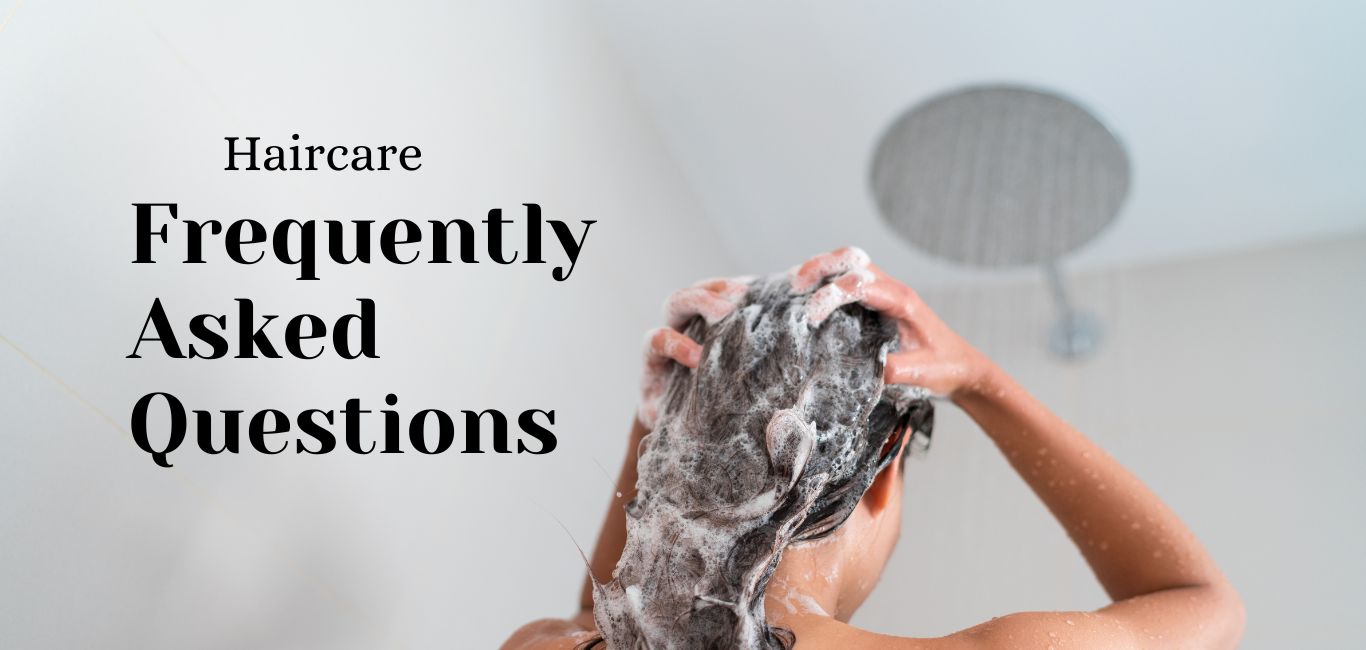
Itchy and sensitive scalp, dandruff, and brittle hair are just a few of the many concerns troubling a good deal of people. After addressing some of the most common winter skincare concerns, we now focus on the most common hair and scalp health concerns. Dr Jude Dileep, consultant dermatologist at Dr Jude’s Hair Transplant and Skin Clinic in Puducherry and Dr Poonam Wadhwani, dermatologist and cosmetologist from Colaba, help answer a few FAQs. Read on!
How do I identify the type of scalp I have?
Generally, one’s scalp can be balanced, dry, or oily. One can identify the type by observing how frequently their scalp needs cleansing.
- An oily scalp needs frequent shampooing (every day or once every two days) as the hair becomes greasy or sticky soon.
- A dry scalp may not become greasy even for a week without washing. Individuals with a dry scalp may complain of itching and powdery flakes from the scalp.
- A balanced scalp needs shampooing once every 3-4 days and is generally not greasy or itchy.
One can rub a tissue paper on the scalp to check the type one has. The paper will be clear when rubbed on a dry scalp. An oily scalp will yield a stained paper. In a balanced scalp, there is minimal translucent staining.
How do I determine my own “hair type”?
The hair type is identifiable by the physical characteristics of the hair. Generally, there are four types: straight, wavy, curly, and coiled.
- Straight hair is fine and thin
- Wavy hair has smooth waves, sometimes forming an S-shaped structure
- Curly hair has loose or tight curls, which spring back when stretched
- Coily hair has tighter coils
What to look for when buying a shampoo?
One should look for essential oils and avoid products containing sulfate and phthalates in shampoos as the hair can get dry and damaged.
How often should one shampoo?
Shampoo depending on one’s scalp type:
- Balanced type: once every 3-4 days
- Oily type: daily or on alternate days
- Dry type: Once weekly
How can one reduce dandruff?
If the dandruff is not severe, one can use a gentle cleansing shampoo thrice a week. But, if it is severe it is advised to use medicated shampoos containing ingredients like zinc pyrithione, ketoconazole, and coal tar after consulting a dermatologist.
How can one stop hair fall and increase hair volume?
Hair loss could be because of various reasons including genetic factors and lifestyle. In general, a healthy diet rich in protein and iron (egg whites, fish, nuts, green leafy vegetables, and liver), adequate sleep (at least seven hours/ day), and reduced mental stress (by doing meditation, yoga, prayers, hobbies) help in the long run. If one has hair loss despite these measures, it may be due to genetic reasons or medical conditions, which will be evaluated by a dermatologist/ trichologist.
What should I do if my scalp is oily and the ends are dry?
An oily scalp needs frequent washing but often leads to dry, frizzy hair. Using a conditioner after shampooing one’s hair helps to keep the ends hydrated. A hair repair serum also helps to trap moisture at the ends.

















